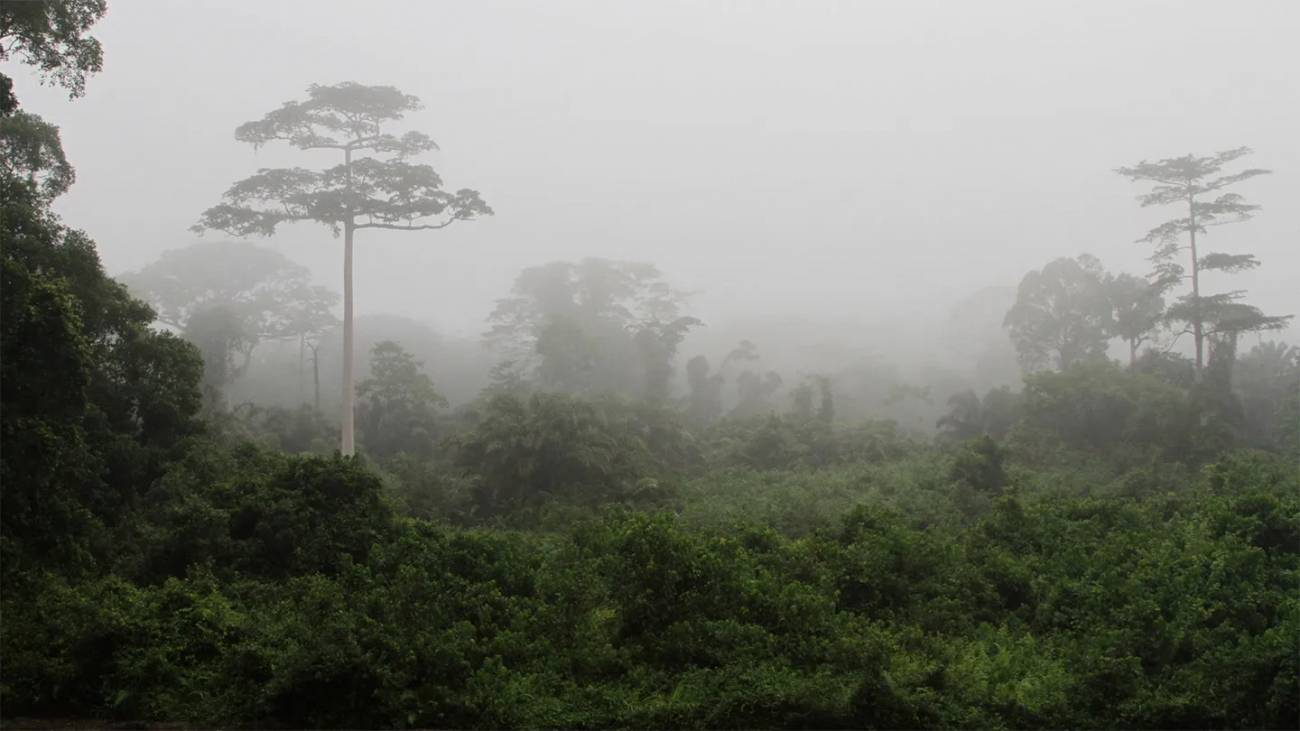Humans inhabited the African rainforests 150,000 years ago
by admin on | 2025-03-02 08:42:28 Last Updated by admin on2025-04-19 21:17:53
Share: Facebook | Twitter | Whatsapp | Visits: 36

A study led by the Max Planck Institute for Geoanthropology, with the participation of CENIEH, reveals that Homo sapiens lived in the dense, humid forests of Africa much earlier than previously thought. The research pushes back the oldest known evidence of human presence in these environments.
New sediment analyses carried out at the Bété I site in the Ivory Coast indicate that Homo sapiens inhabited tropical forests in West Africa at least 150,000 years ago.
Until now, the oldest confirmed evidence of human presence in these environments dates back 18,000 years, while in Southeast Asia it had been documented 70,000 years ago.
The research involved the participation of scientists from the National Centre for Research on Human Evolution (CENIEH) in Burgos, responsible for the Electron Spin Resonance (ESR) dating analyses.
The research, whose results have been published this week in the journal Nature, has been key to determining the age of the remains and confirming that the environment was a dense and humid forest, not a strip of sporadic vegetation.
Source: https://www.agenciasinc.es/Noticias/Los-humanos-habitaron-las-selvas-tropicales-africanas-hace-150.000-anos
Leave a Comment
Search
Recent News
-
 NASA’s SpaceX Crew-10 Successfully Launches to the International Space Station
NASA’s SpaceX Crew-10 Successfully Launches to the International Space Station
-
 Volcanic Eruption in the Philippines Triggers Mass Evacuations
Volcanic Eruption in the Philippines Triggers Mass Evacuations
-
 US Envoy in Moscow as Ukraine Ceasefire Talks Gain Momentum
US Envoy in Moscow as Ukraine Ceasefire Talks Gain Momentum
-
 Pakistani Forces End Train Hijacking by Separatist Militants, 33 Attackers Killed
Pakistani Forces End Train Hijacking by Separatist Militants, 33 Attackers Killed
-
 Escalating Global Trade War Impacts Markets
Escalating Global Trade War Impacts Markets
-
 Romania Rejects Georgescu’s Candidacy for Presidential Elections, Following Annulment of November Victory
Romania Rejects Georgescu’s Candidacy for Presidential Elections, Following Annulment of November Victory
-
 Private U.S. Lunar Lander Makes History Despite Tipping Over
Private U.S. Lunar Lander Makes History Despite Tipping Over
-
 U.S. Pauses Military Aid to Ukraine as Zelensky Signals Prolonged War
U.S. Pauses Military Aid to Ukraine as Zelensky Signals Prolonged War
Visit our Youtube Videos
